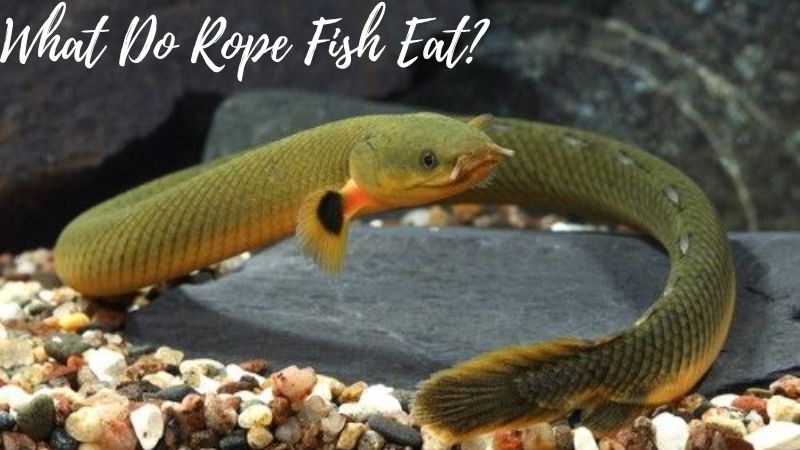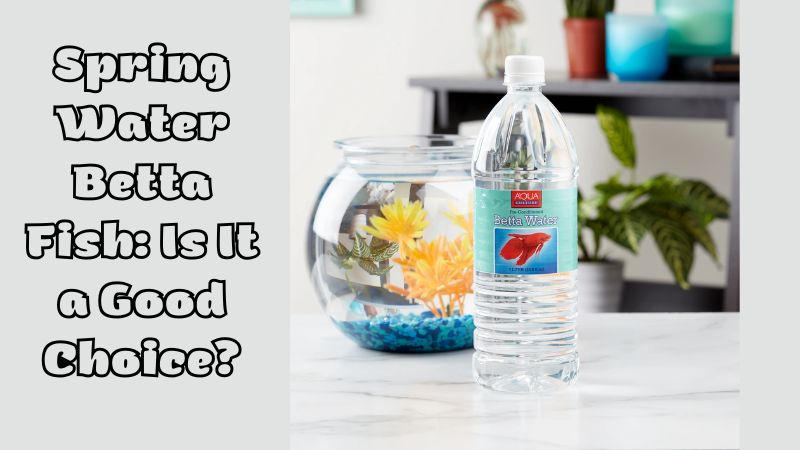If you’ve ever noticed tiny wriggling creatures in your fish tank, you might be seeing mosquito larvae. While these mosquito larvae in fish tankcan be a source of concern for many fishkeepers, they can also serve as a beneficial natural food source for certain fish species. This article, FishLoverZone will explore whether mosquito larvae in fish tank are harmful, how to control them, and the benefits they may provide to your aquatic environment.
1. What Are Mosquito Larvae?

Mosquito larvae are the immature form of mosquitoes that hatch from eggs laid in stagnant water. These larvae are tiny, worm-like creatures that swim in an up-and-down motion. They typically develop in standing water bodies like ponds, puddles, and even fish tanks if the conditions are right. Mosquito larvae are herbivorous and feed on microorganisms and organic matter in the water.
2. Are mosquito larvae in fish tank harmful to Fish?
In most cases, mosquito larvae are not harmful to fish. In fact, many fish species, such as bettas, guppies, and other carnivorous or omnivorous species, enjoy feeding on mosquito larvae. Larvae provide a natural and nutritious live food source that can benefit your fish’s diet by offering protein and other essential nutrients.
However, if left unchecked, mosquito larvae can develop into adult mosquitoes, which can be a nuisance or even a health hazard, depending on where you live. Adult mosquitoes are known carriers of diseases such as malaria, dengue fever, and the Zika virus, so it’s important to manage their presence in your fish tank.
3. How Do mosquito larvae in fish tank End Up in Your Fish Tank?

Mosquito larvae in fish tank when adult mosquitoes lay eggs on the surface of standing water. This is more likely to happen if your tank is kept outdoors or if you have an uncovered tank in a warm, humid environment. In outdoor ponds or tanks, stagnant water without strong filtration or movement is the perfect breeding ground for mosquitoes.
Controlling mosquito larvae in fish tank
If you find mosquito larvae in your tank and want to prevent them from becoming a larger problem, here are several methods you can use to control and eliminate them:
Introduce Fish That Eat Mosquito Larvae
Many fish species, such as guppies, bettas, goldfish, and mosquito fish, actively feed on mosquito larvae. Introducing these fish into your tank can help you naturally control the larvae population. These fish will view the larvae as a tasty snack, effectively reducing their numbers.
Use a Mesh Cover or Lid
To prevent mosquitoes from laying eggs in your tank, use a tight-fitting mesh cover or lid. This will block mosquitoes from accessing the water while still allowing air circulation. Keeping your tank covered is especially important if it’s located outdoors.
Increase Water Circulation
Mosquitoes prefer stagnant water for laying their eggs, so increasing water movement in your tank can make it less appealing to mosquitoes. Adding an air pump, sponge filter, or powerhead will help keep the water moving and oxygenated, discouraging mosquito breeding.
Regular Water Changes
Regular water changes help reduce the build-up of organic material in the tank, which mosquito larvae feed on. By keeping your tank clean, you’re less likely to create a hospitable environment for mosquitoes.
Biological Controls
If you have an outdoor pond, consider using biological controls like adding mosquito dunks, which contain a bacteria called Bacillus thuringiensis israelensis (Bti). Bti specifically targets mosquito larvae and is safe for fish, pets, and other aquatic life.
Monitor the Environment
If your tank is outdoors, try to keep the surrounding area clean and free from standing water, such as puddles or buckets, which can also serve as mosquito breeding grounds. Monitoring the environment around your tank can help reduce the likelihood of mosquitoes laying eggs in the water.
Are Mosquito Larvae Good for Fish?
Yes, mosquito larvae in fish tank are actually a high-quality, natural food source for many fish species. Larvae provide protein and other nutrients that help promote healthy growth, vibrant colors, and good energy levels in your fish. Offering mosquito larvae as a supplement to your fish’s diet can mimic their natural feeding behavior and improve their overall well-being.
However, feeding mosquito larvae should not be the sole food source for your fish. Make sure to maintain a balanced diet with a variety of food types, such as commercial pellets, flakes, and other live or frozen foods, depending on the dietary needs of your fish.
Conclusion
Mosquito larvae in fish tank can be both a blessing and a curse. On one hand, they provide a natural, nutrient-rich food source for many fish species. On the other hand, if left uncontrolled, they can lead to a mosquito infestation. The key is to manage their presence in your tank by introducing fish that eat larvae, keeping the water moving, and using a cover or lid. With proper management, mosquito larvae can be a useful addition to your tank without causing any harm.





